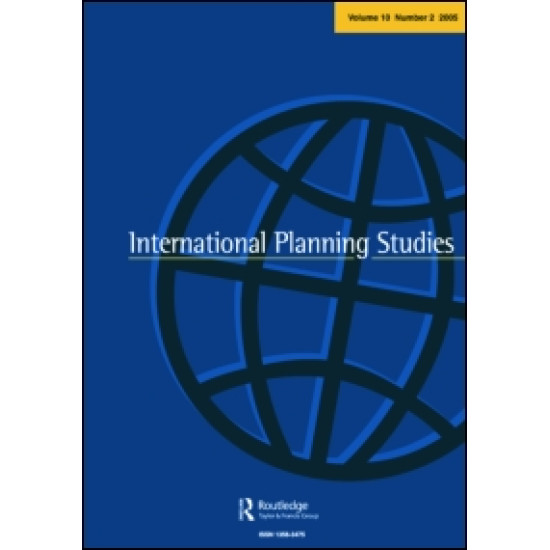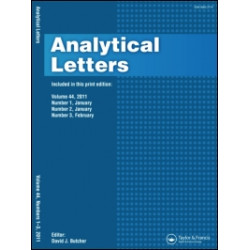
Planning, at the urban, regional, and national and international levels, faces new challenges, notably those related to the growth of globalisation as both an objective socio-economic process and a shift in policy-maker perceptions and modes of analysis.
International Planning Studies (IPS) addresses these issues by publishing quality research in a variety of specific fields and from a range of theoretical and normative perspectives, which helps improve understanding of the actual and potential role of planning and planners in this context.
Specific policy areas covered include:
- urban design
- economic development
- environmental policy
- spatial planning
- housing
- transport
- social inclusion.
IPS fills a gap between the more specialist theoretical and empirical journals in planning and urban-regional studies. In so doing it throws new light on the influences on, and effects of, the evolution of planning around the world.
All manuscript submissions are subject to initial appraisal by the Editor, and, if found suitable for further consideration, to peer review by two independent, anonymous expert referees. All peer review is double blind. The IPS editors will strive to enable any interesting paper coming from any part of the world to enter the peer review process. If the manuscript is deemed unsuitable in its current form but of interest - in principle - to our readership, the editors will seek to engage in a dialogue with the author(s) in order to improve the submission to fit the standards we work with so that it could be sent out to referees.

















